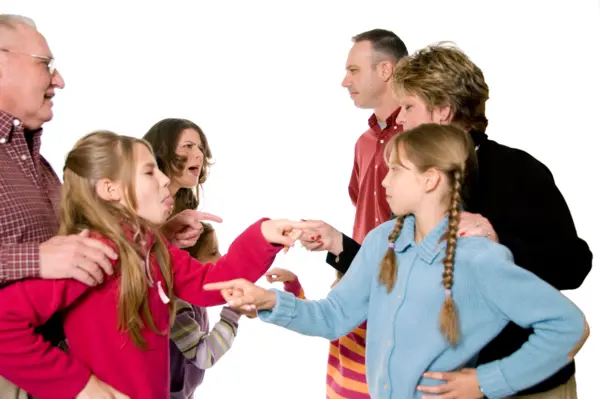Promoting Civil Discourse in Your School Before Elections
As election day approaches, tensions often run high, and political discussions can become heated. For student life professionals in secondary schools, this presents a unique opportunity to teach valuable lessons about democracy and respectful dialogue. In these crucial days, promoting civil discourse before elections becomes more important than ever. By implementing targeted strategies, you can create an environment where students learn to engage in constructive political conversations, setting the stage for a more informed and respectful electorate of tomorrow.

1. Establish "Civil Discourse Zones"
Creating Safe Spaces for Political Discussions
Designate specific areas in your school as “Civil Discourse Zones” where students can engage in respectful political conversations.
Practical Application: Set up these zones in common areas with clear guidelines for respectful dialogue posted. Have trained student or staff moderators present to facilitate discussions when needed.
Example: Central High’s “Debate Corner” in the library became a popular spot for lunchtime political discussions, with students reporting feeling more comfortable expressing their views in this structured environment.
2. Implement a "Perspective-Taking Challenge"
Encouraging Empathy and Understanding
Create activities that encourage students to see political issues from multiple perspectives.
Practical Application: Organize a series of short role-playing exercises where students must argue for positions opposite to their own beliefs. Follow up with reflection sessions on what they learned.
Example: Ms. Johnson’s civics class at Oakwood Prep saw a 40% increase in students’ reported ability to understand opposing viewpoints after completing a week-long perspective-taking challenge.
3. Host "Facts vs. Opinion" Workshops
Enhancing Media Literacy and Critical Thinking
Conduct workshops to help students distinguish between facts, opinions, and misinformation in political content.
Practical Application: Use real political ads, news articles, and social media posts as examples. Guide students through the process of fact-checking and identifying bias.
Example: After Westview Academy’s media literacy workshop series, 85% of students reported feeling more confident in their ability to identify misinformation online.
4. Organize "Bipartisan Collaboration Projects"
Fostering Cooperation Across Political Divides
Create projects that require students with different political views to work together towards a common goal.
Practical Application: Form diverse teams to tackle local community issues, encouraging students to find common ground despite political differences.
Example: Riverside High’s bipartisan student teams successfully organized a community clean-up event, demonstrating that collaboration is possible regardless of political affiliations.
3. Host "Facts vs. Opinion" Workshops
Enhancing Media Literacy and Critical Thinking
Conduct workshops to help students distinguish between facts, opinions, and misinformation in political content.
Practical Application: Use real political ads, news articles, and social media posts as examples. Guide students through the process of fact-checking and identifying bias.
Example: After Westview Academy’s media literacy workshop series, 85% of students reported feeling more confident in their ability to identify misinformation online.
5. Implement a "Respectful Language Pledge"
Promoting Constructive Communication
Develop a school-wide initiative focusing on using respectful language in political discussions.
Practical Application: Create a pledge that students and staff can sign, committing to use respectful language and avoid personal attacks in political conversations. Reinforce this with daily reminders and positive examples.
Example: After implementing the “Words Matter” pledge, Lincoln Middle School saw a 60% decrease in reported incidents of political bullying or harassment.
As we focus on promoting civil discourse before elections, your role as a student life professional is crucial in shaping how the next generation engages in political dialogue. These strategies can help create a school culture where differing opinions are respected and constructive conversations are the norm. Remember, every respectful discussion, every moment of increased understanding, is a step towards a more civil and productive democratic process. How will you inspire your students to elevate the level of political discourse, not just during this election season, but for years to come?
Share your most effective strategy for promoting civil political discourse among students in the comments below. Let’s build a toolkit for nurturing respectful dialogue in our schools!
Bridget Johnson
Looking for support in a community of student life professionals?
Look no further than the Deans' Roundtable Community
- Network with a vast directory of student life professionals like yourself
- Gain a multitude of professional development opportunities to be the best version of yourself
- Gather expert advice on the important questions you need answered

